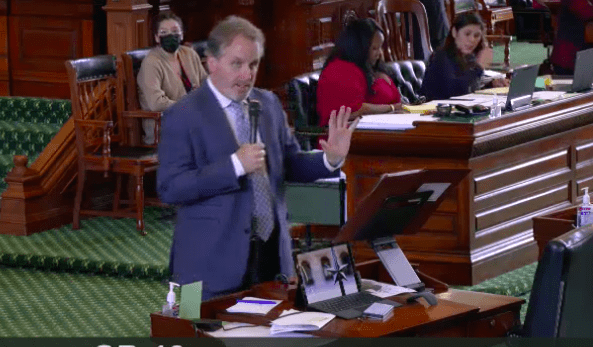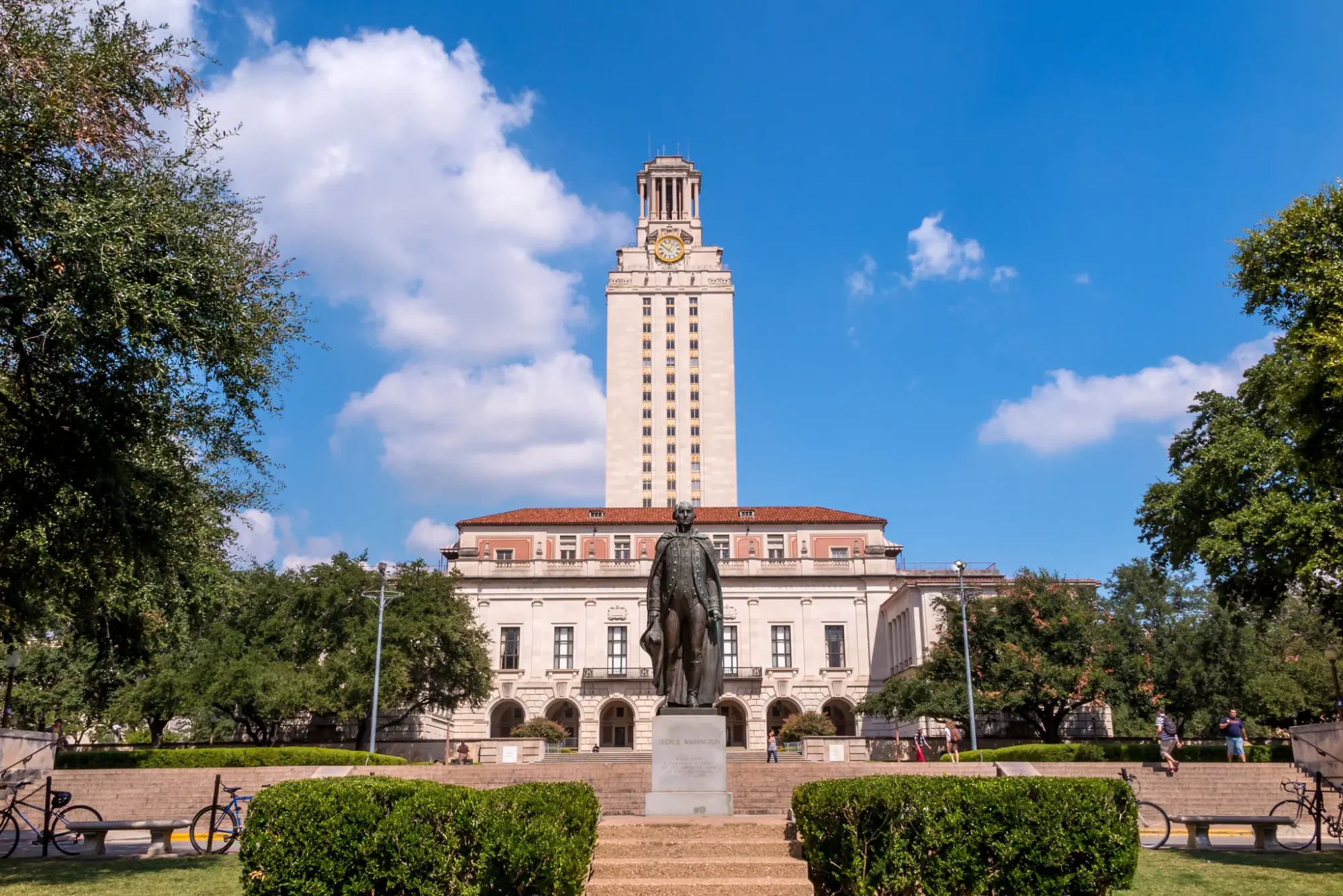As more Texas universities and colleges have been called out for teaching critical race theory and implementing diversity, equity, and inclusion policies, the Senate has passed legislation to ban the practice.
Senate Bill 16, filed by State Sen. Bryan Hughes (R–Mineola), would amend the education code to state, “A faculty member of an institution of higher education may not compel or attempt to compel a student enrolled at the institution to adopt a belief that any race, sex, or ethnicity or social, political, or religious belief is inherently superior to any other race, sex, ethnicity of belief.”
Critical race theory first came about in the 1970s as a framework for legal analysis, and many of its proponents analyze all aspects of American life with the lens of race.
Recently, the University of Texas at Austin and Texas A&M University have been called out for teaching critical race theory and promoting DEI on campus, which has caused many students to feel like they don’t belong.
However, Dr. Carol Swain, a distinguished fellow for constitutional studies at the Texas Policy Foundation and former tenure professor at Princeton University and Vanderbilt University, says this is nothing new.
“I can tell you that in my 28 years in academia, I had a front-row seat to the evolution of the academy. I watched firsthand as critical theories—such as critical race theory, critical queer theory, radical feminism, cultural relativism, and postmodernism—escaped from the law and philosophy departments and gradually changed our college and universities before spreading into and infecting our K-12 education system,” Swain said at a committee hearing on the bill in March.
When the legislation was voted on by the whole Senate, Hughes offered an amendment to include that if a faculty member was found to have violated the legislation, the institution shall discharge them but also give a way for the member to appeal the decision if they felt they were wrongfully terminated.
During the Senate’s reading of the bill, State Sen. Roland Gutierrez (D–Bexar) claimed that Hughes’ perception of critical race theory is wrong.
“There is nothing in the course material of critical race theory that says that any one race or ethnicity is superior to another,” said Gutierrez.
State Sen. Sarah Eckhardt (D–Austin) also argued against the bill, saying it was “censorship masquerading as academic freedom.”
However, Hughes later debunked Eckhardt’s claim, saying we should require teaching about slavery, Jim Crow laws, the civil rights movement, and the Holocaust, as well as America’s response to these historical moments.
“Let’s make sure the record is clear. We are for teaching the whole truth … difficult things, dark things, and how we get past them by coming together as Americans, not dividing ourselves by race,” Hughes said. “We’ve seen the hostility and the environment that’s created where higher education, rather than being the open environment of ideas and challenging perspectives, instead is a monolithic left-wing echo chamber where one side of the argument is drowned out.”
After strenuous debate, SB 16 was officially passed on a 19-12 party-line vote.
Lt. Gov. Dan Patrick, who made the issue a priority for the session, celebrated the bill’s passage.
“Last session, we banned CRT in kindergarten through 12th grade because no child should be taught that they are inferior to others due to their race, sex, or ethnicity. In 2023 this should be common sense, but the radical left’s drive to divide our society is relentless,” said Patrick.
“This session, there was no question that we would ban the teaching of CRT in Texas universities. Liberal professors, determined to indoctrinate our students with their woke brand of revisionist history, have gone too far,” he added.
SB 16 will now make its way to the House.




